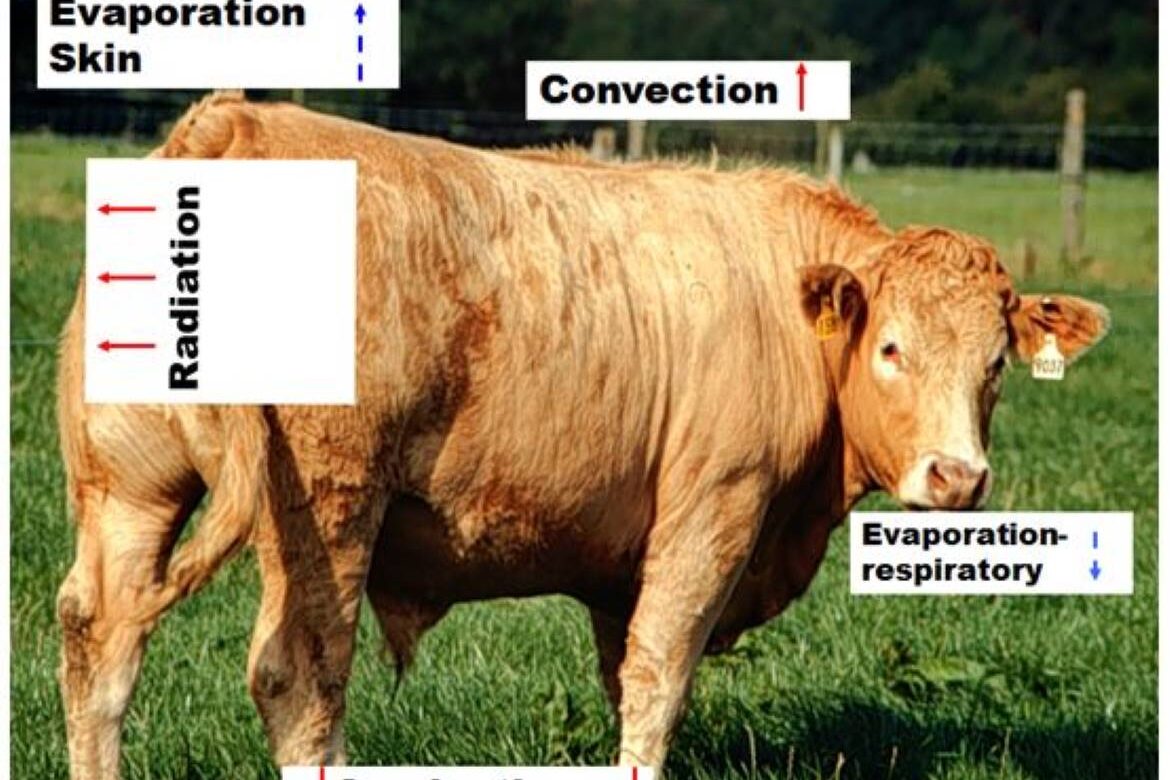As Met Éireann expects high temperatures to continue this week as the warm weather system develops, farmers are advised to take steps to protect their livestock.
Charlie McConalogue T.D., the Minister for Agriculture, Food and the Marine, said: “While the recent good weather is welcomed by the farming community across the country, we must remember that high temperatures can cause significant stress for livestock. It is important that farmers consider the extra steps needed to take care of their animals in these circumstances, making them comfortable and avoiding serious health and welfare problems arising due to the heat.”
Key points to reduce the impact of high temperatures on animals include:
- Ensure plentiful supply of drinking water.
- Ensure access to suitable shade or shelter
- Minimise handling and transport
- Monitor livestock closely for health issues or heat stress
Livestock should always be checked more frequently in hot weather. Animals at a higher risk of heat stress include young, dark-coloured or pregnant animals, animals recovering from illness, pigs and high-producing dairy cows.
Signs of heat stress include faster breathing or panting; loss of appetite; increased water intake; drooling; listlessness or lethargy; and in severe cases, animals may become unconscious.
If you suspect an animal may be heat stressed, it is vital to act quickly. Steps to manage heat-stressed animals include moving them to shade or shelter; offering cool water; using sprinklers for cattle, pigs and horses, or allowing them to stand in water; increase ventilation in housed species such as pigs and poultry; and reduce the stocking density to allow animals to lie out. If there is no improvement, seek veterinary assistance without delay.

